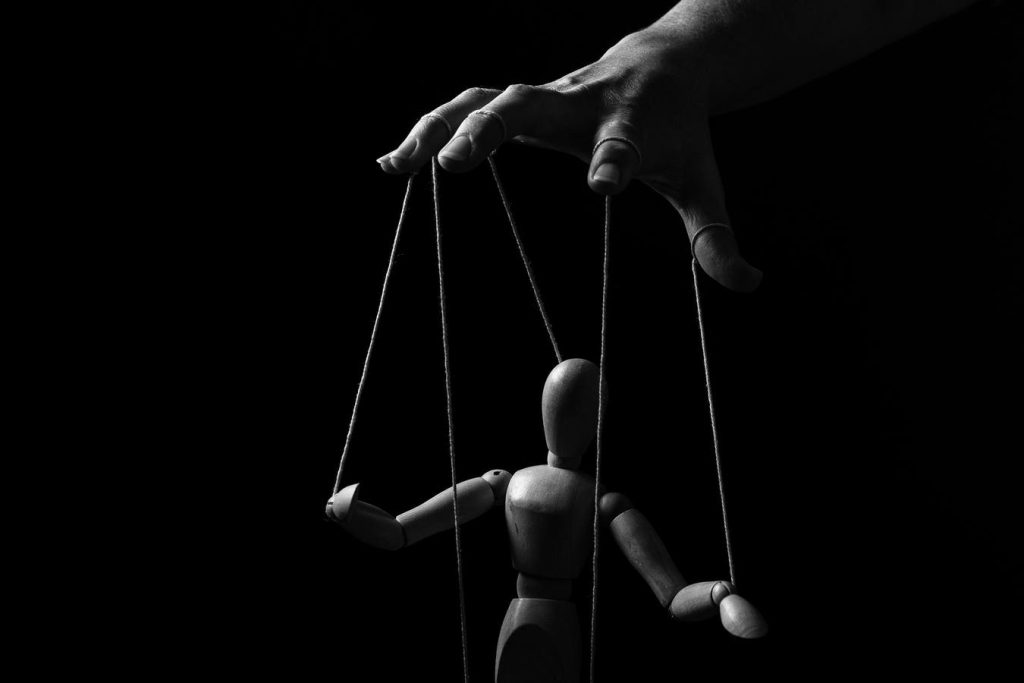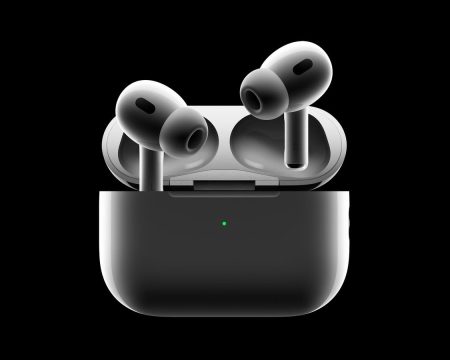It’s typically good to have empaths among your social circle. After all, an empath is a person highly attuned to others’ emotions, which can allow him or her to understand how you are feeling and, in turn, offer timely support, advice, comfort and help. However, not all empaths are safe and cuddly to be around. If you jump on TikTok, you’ll find the term “dark empath” trending with over 2.5 million mentions. And what dark empaths can apparently do is dark, like really dark.
Dark empaths have been described as people who use their empathy (i.e., the ability to detect and understand others’ feeling and emotions) not to help others but instead to manipulate others for personal gain. They can make you feel more understood and heard than you have ever been and give you the impression that they really care about you. But in the end, what they truly and maybe even solely care about is how you can help them achieve their financial, business, social or whatever goals.
This is because not all types of empathy are created equal. Psychologists often divide empathy into three different types: cognitive, emotional and compassionate. Cognitive empathy is about logically understanding others’ feelings and needs. Those with cognitive empathy alone essentially know what makes others tick but may remain distant like cool, scientific observers even when others around them are suffering.
By contrast, those with emotional empathy can’t remain detached because they actually feel what others’ feel, as if they’re jointly going through the same experiences. So, for example, if you are suffering a health crisis, they may feel the same worry, angst and even pain that you are facing. Rather than stand on the sidelines as cool observers, they must either leave with remorse or do something to alleviate the situation in order to alleviate their own feelings.
Compassionate empathy takes things one step further and is characterized by a strong desire to help others. This is when someone is intrinsically motivated to provide support, assistance or whatever is needed to help others feel better. If you are going through a health crisis, someone with compassionate empathy may feel compelled to drop his or her own personal goals momentarily to focus on you until the crisis has passed. When someone has all three types of empathy and can understand, feel and be motivated to roll up his or her sleeves to help, that’s when a whole lot of magic can happen.
That’s not the case with dark empaths, who typically have only cognitive empathy, which allows them to manipulate others without feeling the consequences of doing so. Of course, dark empaths may claim that they have other types of empathy because their cognitive empathy tells them that it’s what others want to see. After all, who wants to hear, “I know what’s causing you pain and how to help you, but frankly I don’t give a bleep.”
Dark empathy is not yet an official condition listed in the Diagnostic and Statistical Manual of Mental Disorders (DSM-V). But a search of the Internet will return articles describing how a dark empath typically exhibits behaviors from each of the three components of the “Dark Triad”: Machiavellianism, psychopathy, and narcissism. Machiavellianism is a tendency to exploit and manipulate others. Psychopathy is a personality construct characterized by callousness, lack of remorse and the absence of caring for others, mixed with superficial charm and the appearance of normalcy. Narcissism is where a person believes that he or she is somehow more important than and superior to everyone else.
Now, while dark empaths may exhibit tendencies from the Dark Triad, they are different from psychopaths and narcissists. For example, while narcissists may be unaware of their own flaws and have difficulty reading others, dark empaths may be keenly aware of their own weaknesses and do in fact have cognitive empathy. This cognitive empathy is also one of the things that separates them from psychopaths, whose fanny packs run empty of empathy.
Also, things aren’t always black and white, or completely dark versus light. Such categories can help organize how to deal with people but aren’t mutually exclusive and immutable. People can change over time. And while some people may completely fit the dark empath archetype, others may overlap but not completely. Additionally, people may exhibit some dark empath tendencies in some situations but not all.
Nevertheless, anyone with dark empath tendencies can be quite dangerous to be around, assuming that you don’t want to be used like a pair of disposable underwear. They can use their keen understanding of you and the bond that they form with you to manipulate you to do what they want. This includes showering you with praise (e.g., love bombing) to soften you up and guilt tripping you into serving their needs. And if you detect and question any of their manipulative tactics, they can convince you that you are grossly misunderstanding and unfairly judging them. That is certainly not a gas but can be quite gaslighting, a tactic that I described for Forbes previously. Another danger is that when you are in a vulnerable position, you may mistakenly rely on dark empaths when they may unapologetically abandon and leave you in an even worse position.
The trouble is dark empaths can be very difficult to detect, like some mud in a sea of chocolate. Through their cognitive empathy, they know what people want to see and can don a kind, understanding, caring, sociable, and fun-to-be-around mask. By quickly forging connections with you, they may leave you blinded by your trust of them—unable to see how they’re quietly building mental libraries of information on you that they can use to use you, sort of like a dark social media company.
All along, dark empaths continue to maintain their emotional distance from you in order to retain control and keep the upper hand. After all, they wouldn’t want something like feelings for you get in the way of manipulating you, right?
This doesn’t mean that dark empaths don’t recognize that they are playing you. In fact they may even criticize themselves for doing this and other things. They may openly seem quite down on themselves, making them seem humble and it even more difficult to detect their dark empath qualities. Such self-criticism, however, may be more about them wanting to get better at what they do rather than feeling true remorse about anything that they have done to you.
So how do you deal with dark empaths? Well, assuming that you don’t want to simply serve someone who doesn’t really care about you, the first thing to do is to see them for who they really are. A good way to expose dark empaths is to see if they do come through for you in times of need. In such situations, if dark empaths don’t see immediate obvious gains for themselves, they may push back…hard.
Once you’ve shed light on dark empaths, they may simply exit your life because they can no longer do their manipulation thing in the shadows. Of course, on their way out, they may blame you for the failure of the relationship rather than show any remorse for their actions—which is a strong clue that they’re indeed dark empaths. If the dark empaths do not leave, consider cutting them out of your life. Or at least set very strong boundaries limiting their interactions with you in order to limit the damage that they can cause. While dark empaths can change—especially with counseling—they need to first acknowledge and show remorse what they have done to you and be willing to change for the better.
In the meantime, realize the full extent of their manipulative tendencies and true goals so that you don’t continue to have idealized lollipop-unicorn-rainbow views of them. Your support network can help you better see who the dark empaths really are and what’s been done to you.
At the same time, don’t beat yourself up for being trusting, keeping your heart open for what you thought was an authentic connection and allowing such termites into your house of life. Again, dark empaths can be very good at keeping you in the dark. The fact that a dark empath chose to take advantage of you and your trust says more about that person than you. Don’t allow a dark, dark experience with a dark empath throw shade on future relationships with well-meaning empaths who truly want to bring light into your life.
Read the full article here










